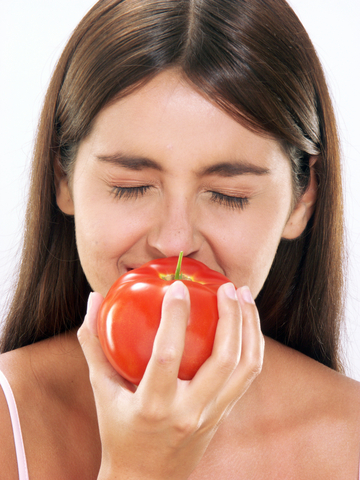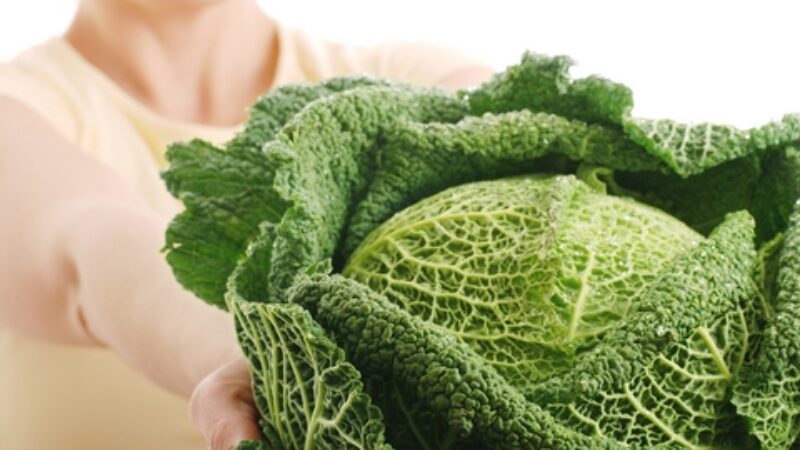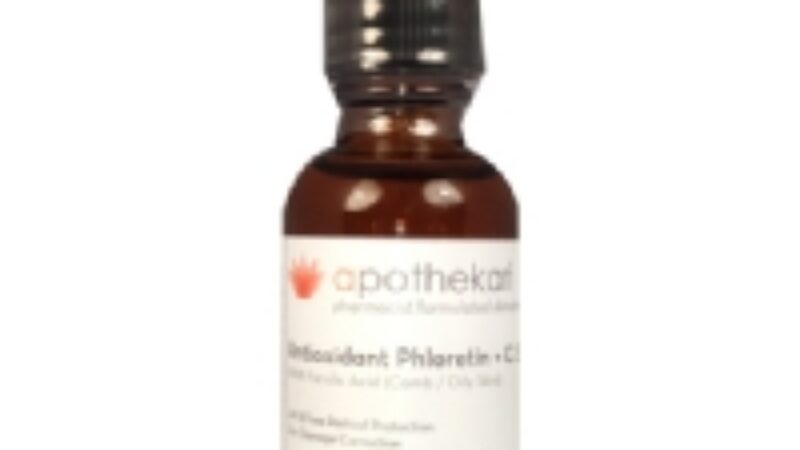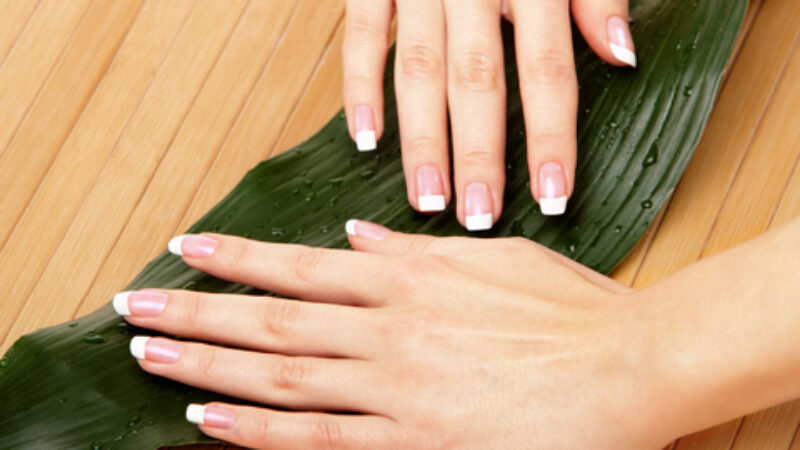I’ve read about it in magazines and you probably have too: lycopene, an antioxidant found in brightly colored foods such as carrots and tomatoes, may act as a natural sunscreen for your skin. Does it really work?
One study from the University of Dusseldorf indicates that a diet rich in lycopene (a daily dose of tomato paste in this case) seems to protect subjects against erythema (skin redness caused by blood vessel dilation, sometimes induced by UV exposure). The test population is small (14 adults) and the test duration is only 10 weeks, but there does seem to be a noticeably positive result by the end of the study.
Like all scientific claims, this one has its skeptics. A report from the European Food Safety Commission indicates that there is insufficient research to declare a cause and effect relationship between lycopene and UV protection.
There may be some benefit from the consumption of lycopene rich foods, and serious harm is unlikely to result from eating tomatoes, watermelon, pink grapefruit, beans, and sweet red peppers. You have every reason to eat them, but no reason to trash your sunscreen! Together, lycopene and other sun damage prevention measures may do your skin some good.




